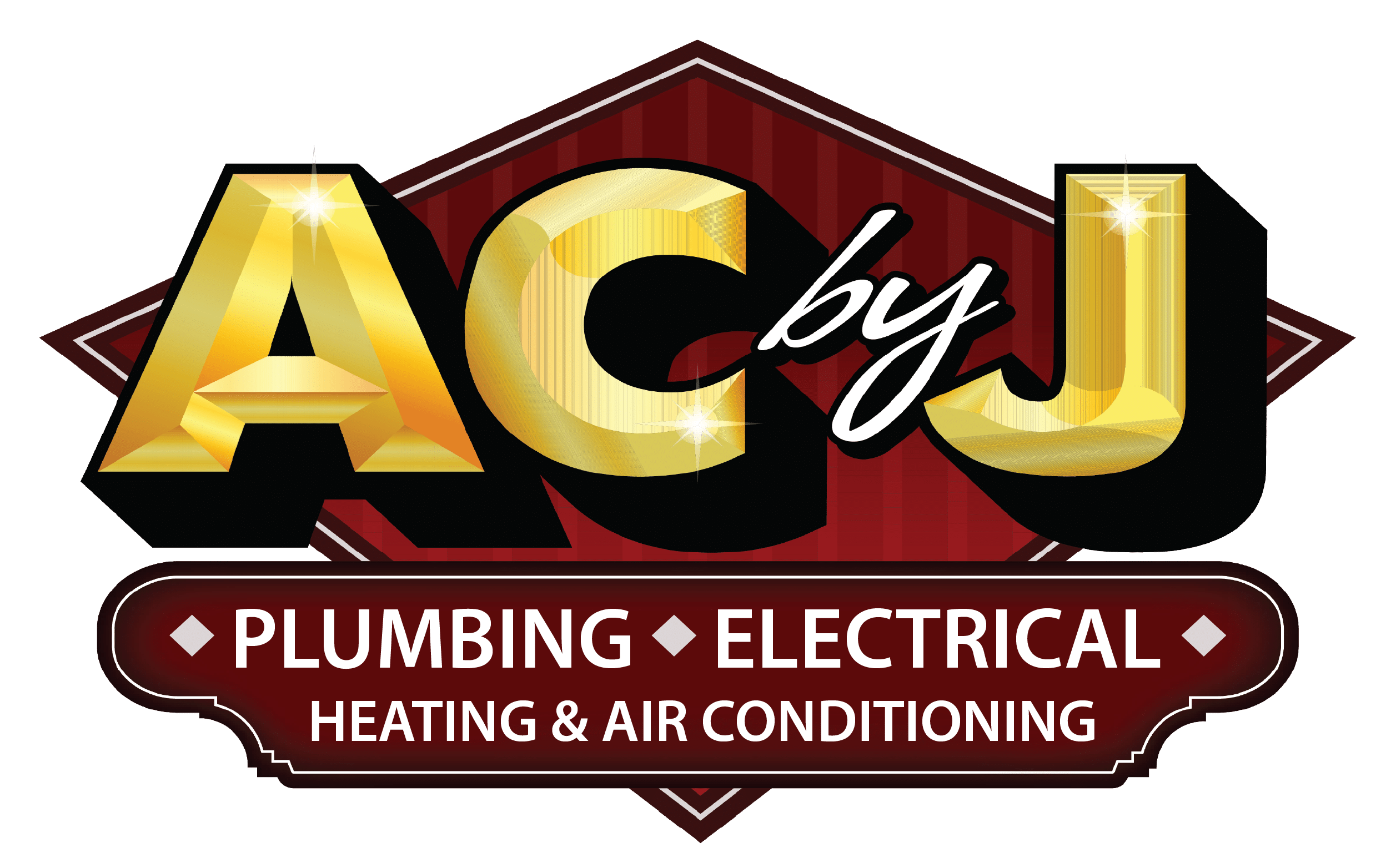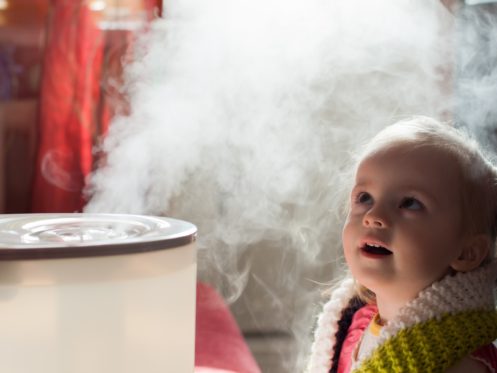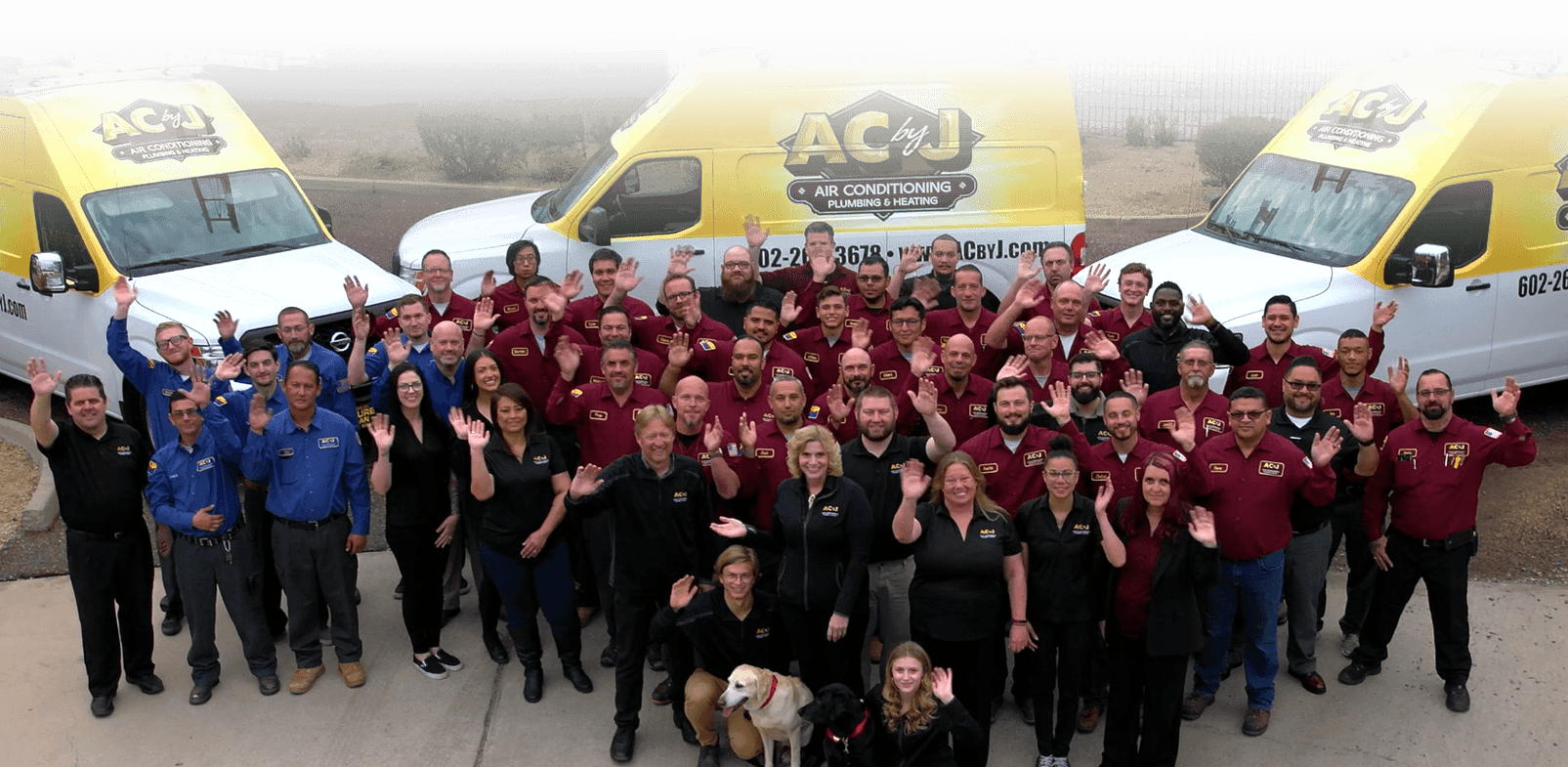With the cold weather comes the need to heat your home, but when it comes to your comfort this winter, there is more to it than just the temperature. Another important factor is humidity. Air tends to be drier in winter than at other times of the year, and that fact is exacerbated through the process of heating your indoor air with a heat pump, furnace or other heating equipment. Left unchecked, that dry air can wreak havoc on your health. It can cause irritation to your eyes, nose, throat, skin and more. With that in mind, let us explore the problem and consider your options to avoid it.
Absolute Humidity Versus Relative Humidity
Absolute humidity is the measure of moisture in the air without the context of temperature. Relative humidity is the measure of moisture in the air within the context of temperature. In other words, it is the percentage of water vapor relative to the amount that the air could hold, and this is important because warm air can hold more moisture than cool air due to the speed at which the molecules move.
Consider a container that can hold 30 grams of water and is half full. Let us call this container summer. Consider a second container that can hold 5 grams of water and is three-quarters full. Let us call this second container winter. Although summer contains much more water than winter, winter has a much higher percentage of its capacity—or relative humidity, if you will. Relative humidity—abbreviated RH—is useful because it provides a point of comparison regardless of what the temperature actually is.
Optimal Relative Humidity in a Home
The American Society of Heating, Refrigerating and Air-Conditioning Engineers recommends keeping the relative humidity of a home between 40% and 60%. The Mayo Clinic and many other health organizations recommend a relative humidity between 30% and 50% as ideal for health and comfort. Therefore, 40% to 50% is likely the sweet spot for the average home, and you do have some wiggle room in there since the most comfortable RH is absolutely relative to the individual.
Air conditioning in your home not only lowers the temperature but also reduces the humidity level. It does this by condensing the moisture in the air and allowing it to drain away. There is a limit to how much water vapor an AC unit can condense, and depending on your climate and the temperature and humidity of a particular day, it is still very possible for your home to feel too humid. Heating equipment also affects relative humidity as it draws in dryer air from the outdoors and thus lowers the RH inside.
What a Humidifier Does
A humidifier releases water vapor or steam into the air. This increases the presence of moisture in the air and thus the relative humidity. There are both whole-home and portable humidifiers available. Whole-home humidifiers are integrated into the HVAC system. They replenish conditioned air with moisture as needed before it is redistributed throughout the home. Portable units are smaller and less expensive. They’re generally designed to increase the comfort level in a particular room or area of the home. Among portable units, there are a number of different technologies on the market, including evaporative versus ultrasonic and warm versus cool.
What a Dehumidifier Does
Dehumidifiers are the opposite of humidifiers but tend to be more complex in design. Most dehumidifiers draw warm air in via a fan and run that air over refrigerated coils. That causes condensation to form, which is trapped within the dehumidifier or drained away. The air now has less water. When it’s released once more into the home, it has a lower relative humidity level.
As with humidifiers, dehumidifiers are available as portable units or whole-home systems. The whole-home systems are integrated into the HVAC system. These systems are designed with condensation extraction in mind. They are thus more effective at it than your AC, and they can lower AC costs because they allow that unit to not work as hard. Portable dehumidifiers do not affect your AC generally, but they do help a room or particular area feel more comfortable due to the lower relative humidity in the immediate area.
Can Your Home Be Too Dry in Winter?
Yes. In fact, this is a common problem even in new homes. The problem is affected by your climate as well. The dryer the air is naturally, the worse the problem is. The reason for this is how heating equipment works, but first, let us dispel a fallacy: a furnace does not dry out air during the process of heating it—at least not directly. What does happen is that it draws air from outside the home. That cold air is naturally drier, and this process continues to suppress the humidity level in the house.
Can Your Home Be Too Humid in Winter?
Yes, but with some caveats. Just as homes in drier climates are often faced with the challenge of low humidity, homes in humid climates are often faced with the challenge of high humidity. However, that is generally a warm-weather problem and not a cool weather issue. If humidity levels are too high during winter, this usually has nothing to do with the weather or your HVAC system. It usually points to a serious problem such as a major water leak or a fundamental issue with ventilation or condensation in the home.
Humidifier Versus Dehumidifier This Winter
You should rarely have to use a dehumidifier in winter. As mentioned in the previous section, if the humidity in your home is higher than the range discussed earlier, it most certainly points to a major issue in the home. You should have a home inspection scheduled to get to the bottom of it.
Needing to use a humidifier in winter is common, and this is particularly true in the Arizona climate. Consider purchasing a hygrometer, which is relatively inexpensive. This will inform you what the relative humidity is in your home. If the RH is outside the advised range, then you may want to consider a whole-house humidifier to alleviate the problem. If the value is within the acceptable range but you do not feel as comfortable as you would like or you are experiencing static electricity, a whole-house humidifier will work, but you may be able to alleviate the problem in a more affordable manner with one or more portable humidifiers.
Your Humidification and Dehumidification Experts in Scottsdale
AC by J is a family-owned and -operated HVAC company that has been in business since 1983. That means we have more than 35 years of experience serving Scottsdale and the surrounding areas. Our services include whole-home humidifier and dehumidifier installation. We also install, service and repair all manner of residential heating and cooling equipment. Our plumbers perform a full range of plumbing services, including water heater installation and repair, leak detection and drain cleaning. Our Comfort Club lets you save on seasonal maintenance. Call today or contact us online to learn more about our services or to schedule an appointment!






